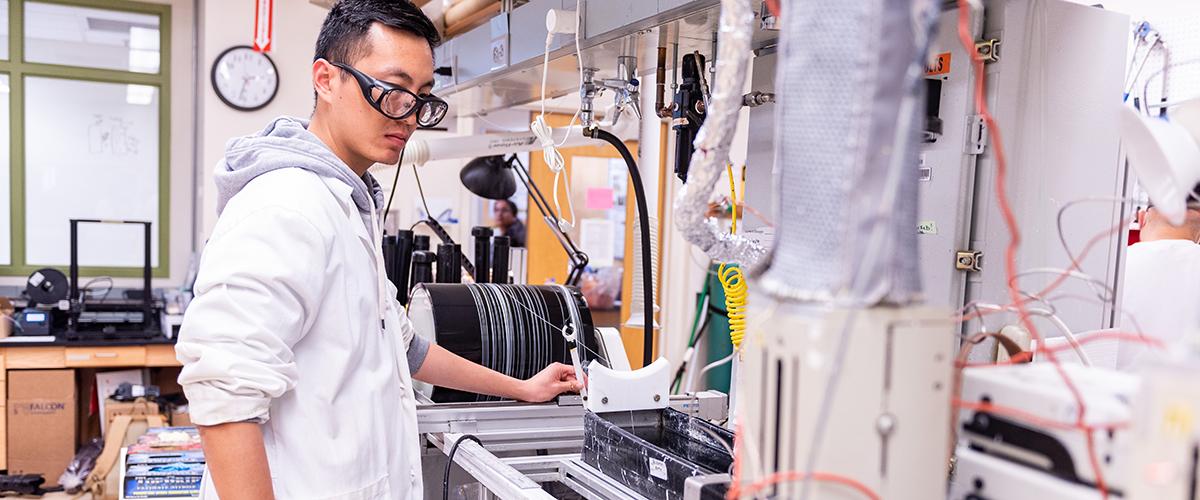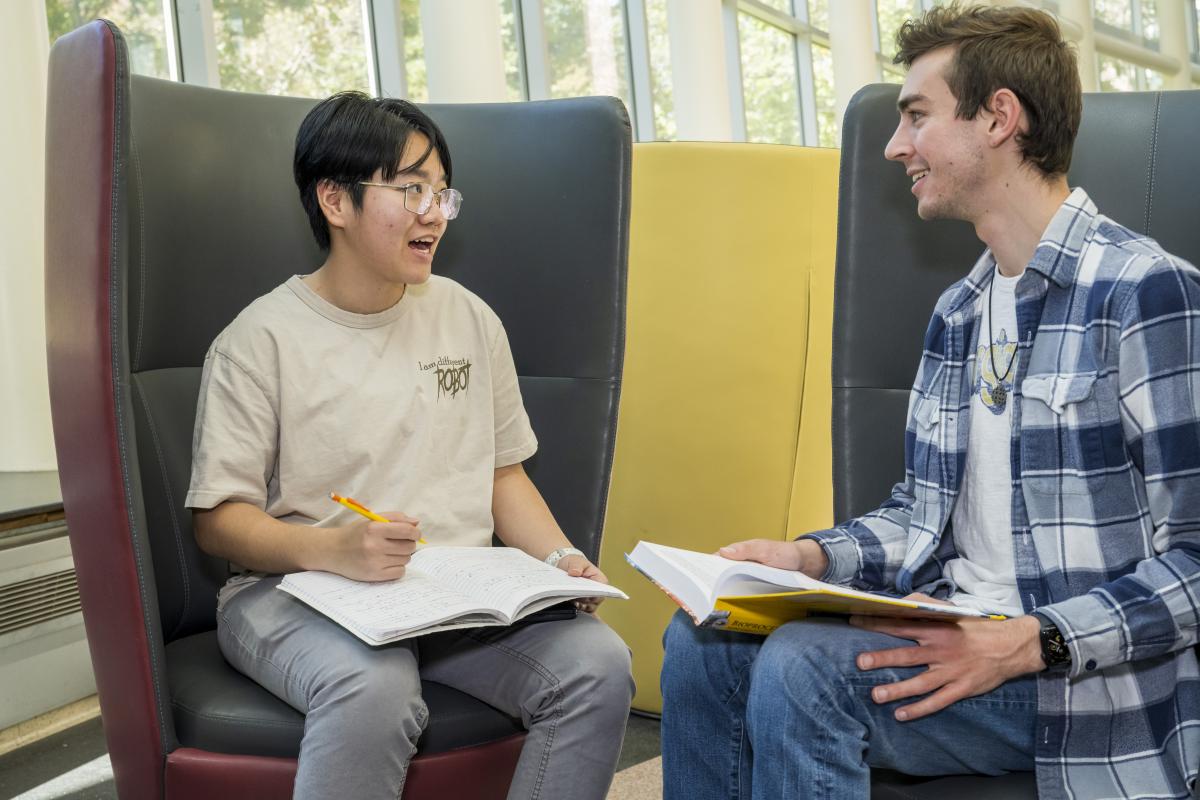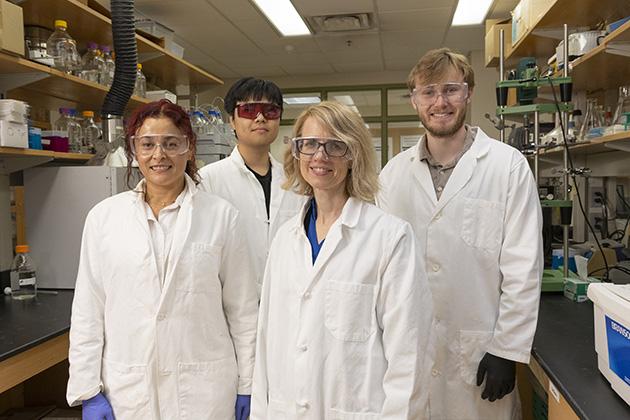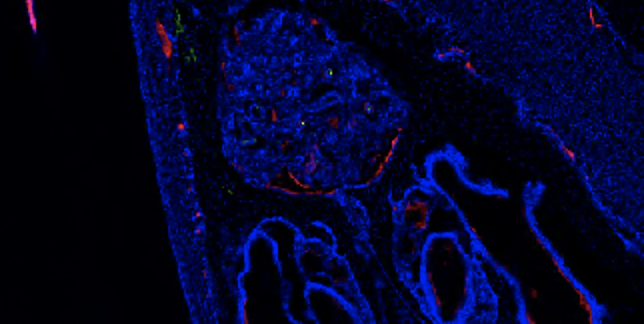
Welcome to Georgia Tech's School of Chemical & Biomolecular Engineering
Offering excellent undergraduate and graduate programs in the nation’s largest college of engineering, we provide our students with incomparable opportunities, countless options for collaboration with experts in other fields across campus, and access to some of the best research and academic facilities available in higher education. Boasting world-class professors, our school has one of the largest faculties of any chemical engineering program nationwide. Our faculty members are leaders in their research fields and recipients of many of the most prestigious awards given to professionals in the discipline.
With some of the most eminent minds and access to the biggest and best laboratories, we are known for producing a high volume of innovative research that addresses some of the biggest problems facing humankind today, including developing new therapeutics for diseases, designing sustainable systems for improving the environment, and creating more efficient methods for producing new and better technologies.


Highly Ranked
The College of Engineering at Georgia Tech consistently ranks among the top five engineering colleges in the country. We offer a well-rounded engineering education. This education includes the creation and application of new knowledge that is rapidly infused into our curricula, which integrate engineering, the life sciences, and the humanities. Our students have many opportunities for hands-on, interdisciplinary technological research working alongside faculty who are recognized experts in their fields on meaningful projects with real human benefits.
Established in 1901, the School of Chemical & Biomolecular Engineering (ChBE) is one of eight schools in the College of Engineering at the Georgia Institute of Technology. Ranked among the top ten engineering programs in the nation for both its graduate and undergraduate programs, the school is also one of the oldest, largest, and most diverse programs. ChBE faculty members are involved in a comprehensive range of topics in education, research, and commercialization with a strategic focus on energy & sustainability, biotechnology, materials & nanotechnology, and complex systems.
Chemical engineering is a broad and versatile discipline in which chemical engineers work on the development and application of processes that change materials either chemically or physically. This branch of engineering was originally based on the applications of chemistry, combined with the principles of physics and mathematics. Over time, and with increasing speed, it has evolved so that biological sciences and chemistry now fill the position once uniquely held by chemistry. This evolution led the School to add “biomolecular” to its official name in 2003. Revised undergraduate and graduate curricula reflect and support the diversification of the discipline.
Accreditation
For information about institutional accreditation of the Georgia Tech Institute of Technology, please see here: https://www.gatech.edu/accreditation.
The Bachelor of Science in Chemical & Biomolecular Engineering is accredited by the Engineering Accreditation Commission of ABET (www.abet.org).
Georgia Tech’s Cooperative Program is accredited by the Accreditation Council for Cooperative Education.
